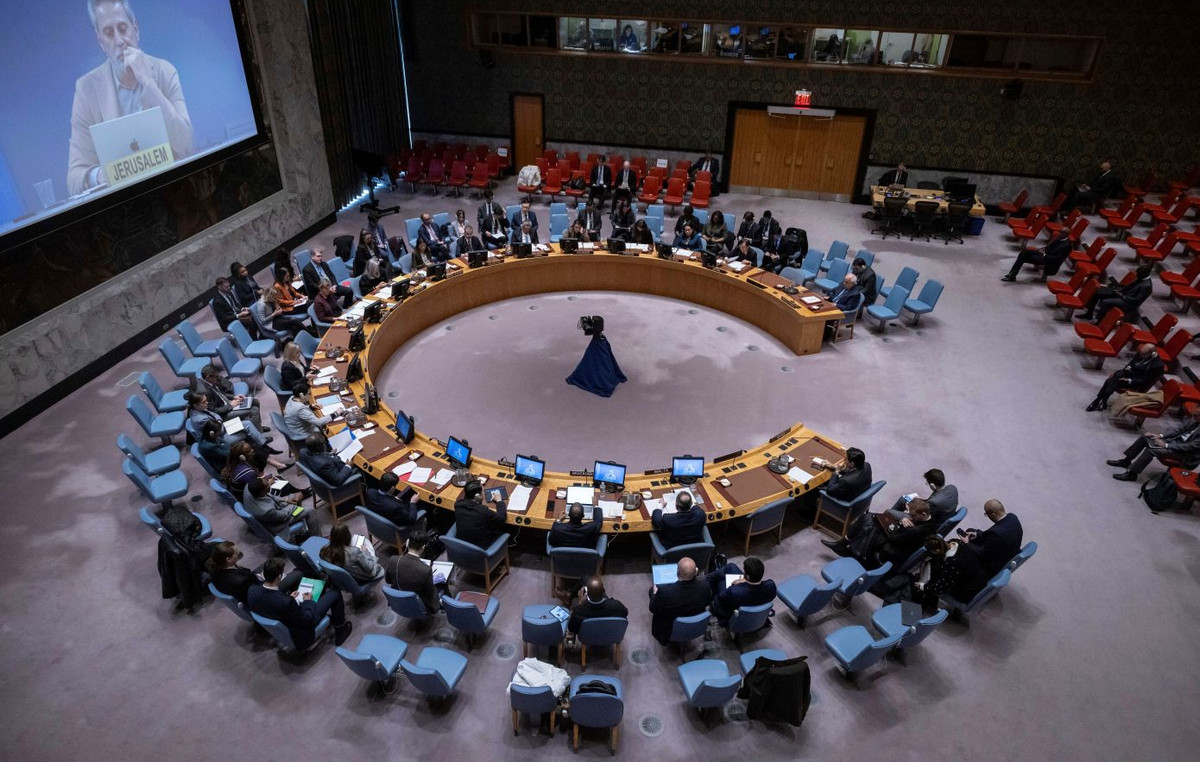Always on the move, every day, 24 hours, transport doesn't stop! It takes and brings people, products and all types of cargo so that they can get where they need to go and so that Brazilians don't miss anything. Air, road, water and rail – each with its own characteristics, and all with the same importance and responsibility for moving the country. Integrated, they move agriculture, industry, commerce, people and the future of Brazil.
A National Transport Confederation (CNT), the maximum representation of transport and logistics, turned 70 in January. Its history is part of the evolution of transport in Brazil, which works to defend the sector's interests and promotes knowledge to support decision-making.
According to Vander Costa, president of the Confederation since 2019, “The CNT, since its inception, has been a protagonist in formulating proposals and defending measures for transport and Brazil to overcome the challenges that have presented themselves throughout history. There are 70 years of work dedicated to improving conditions for transport activities and the business environment, increasing competitiveness and the economic and social development of the country”.
Seven decades of Transport development
- Founded in 1954, in Rio de Janeiro, by representatives of road transport federations and self-employed drivers, it was called CNTT (National Confederation of Land Transport).
- In the 90s, it was renamed CNT and began to play a broader role, focused on promoting multimodality and strengthening the sector. In addition, the headquarters moved to Brasília.
- In 1993, Clésio Andrade assumed the presidency, where he served until 2019. During his tenure we can highlight the founding of SEST SENAT, the creation of the CNT Journalism Award and the CNT Highway Research – a reference in the area of transport, which evaluates the conditions of road infrastructure in the country.
- In 2007, it launched the CNT Transport and Logistics Plan, which, in addition to indicating the priority transport infrastructure works in Brazil, points out the value of investments that must be made in each mode. Also in 2007, Despoluir was created, the largest Environmental Transport Program in Brazil. The program encourages the use of clean technologies and energy to reduce emissions, assists in the environmental management of transport companies and rewards sustainability initiatives.
- In 2014, the first publication “Transport Moves Brazil” was launched, with proposals from the sector for candidates for the presidency of the Republic and, in 2016, the CNT was accepted as a member of the OIE (International Organization of Employers).
“CNT's anniversary is an opportunity not only to celebrate its achievements, but also to reaffirm its commitment to the development of transport in Brazil”, says Clésio Andrade, former president of the CNT.
- In 2019, Vander Costa was elected the new president. Since then, it has been at the forefront of several challenges such as ensuring the approval of a Social Security reform that would correct privileges and promote equality among taxpayers and, in 2020, with the Covid-19 pandemic, the CNT showed the importance of Brazilian transport, so essential to saving lives, while adapting to the new reality. And in the same year the National LGPD in Transport Program was established.
- In 2022, the first edition of the Transport and Logistics Institutional Agenda was launched, where the CNT takes a position on issues being discussed in the National Congress. And last year, the CNT worked to guarantee a Tax Reform suited to the interests of the transport sector, and the “Transport System” led a panel on energy transition at COP28, in Dubai.
“Our sector is one of the pillars of the economy, being a fundamental element for its development and the expansion of its productive capacity. After all, the more a nation produces, the greater its interface with transport and logistics. People need to move and products need to be delivered within and outside the national territory. As CNT celebrates its 70th anniversary, it reaffirms its commitment to helping the country grow sustainably and create jobs”, reports Vander Costa.
CNT, vital for the sector and for Brazil
28 federations, 5 national unions and 22 transport entities are associated with the CNT. There are 165 thousand companies, which generate around 2.6 million jobs. The entity is part of the Transport System, which, in its composition, also includes the Social Transport Service and the National Transport Learning Service (SEST SENAT) and the Institute of Transport and Logistics (ITL). The last two are aimed at the development of transport activity, through education, leadership training and promotion of quality of life.
The Confederation carries out essential work in the cargo and passenger segments, presenting solutions for transporters, society and the government in relation to issues involving all modes. He is an important interlocutor between the transport sector and the three powers of the Republic. The improvement of legislation and the creation of new legal frameworks were fundamental to boosting the Brazilian economy.
“Looking to the future, it is expected that the CNT will continue to play a central role in the evolution of transport in the country, adapting to new demands, technologies and challenges that will arise, always in search of a more integrated, modern and competitive transport system”, concludes Clésio Andrade.
Source: CNN Brasil
I’m James Harper, a highly experienced and accomplished news writer for World Stock Market. I have been writing in the Politics section of the website for over five years, providing readers with up-to-date and insightful information about current events in politics. My work is widely read and respected by many industry professionals as well as laymen.







